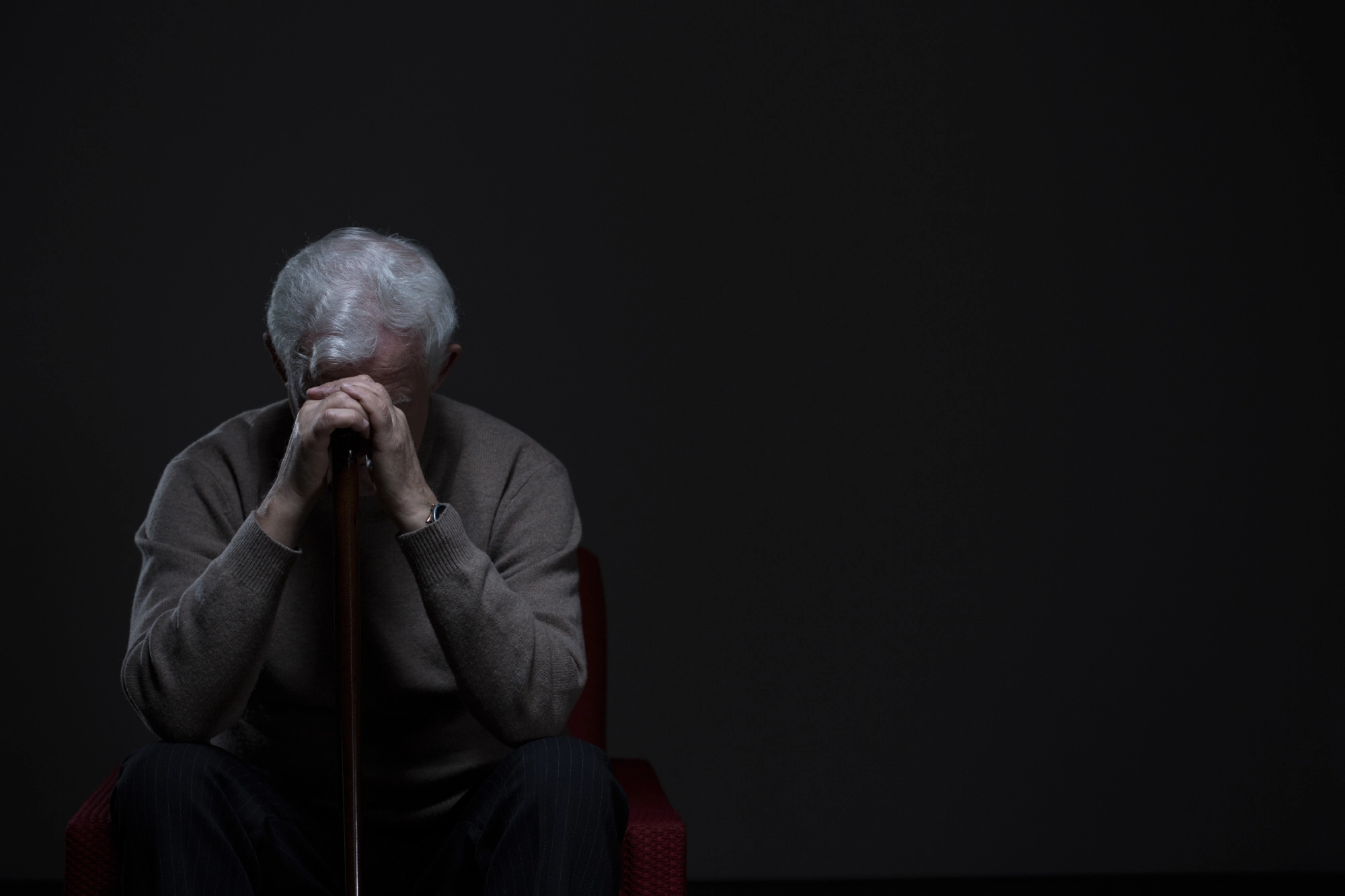Those suffering from loneliness feel disconnected from other people and experience a desire for more meaningful relationships. Chronic loneliness involves prolonged isolation and emotional disconnection, and it is a major problem in the US: according to a 2020 report by NASEM, almost one in four adults over the age of 65 are socially isolated.
In this blog post, we’ll explain why chronic loneliness and isolation are so bad for the health of older people, citing numerous studies on the subject and focusing on the effects of loneliness on life span in particular.
What Two Problems Can Loneliness Induce in an Elderly Person’s Life?
For elderly people, loneliness is often responsible for two key problems: mental health conditions and declining physical health.
Depression
Lonely seniors frequently suffer from mental health problems like depression. This is fairly self-explanatory—if you’re lonely for an extended period, it’s no surprise that it would have a negative impact on your mental state. After all, humans are social animals, so we rely on our connections with others for fulfillment and meaning. It’s no wonder that depression and isolation go hand in hand.
For instance, this study of 55 elderly people found “a significant relationship between depression and loneliness.” Likewise, recent research estimates that as many as one in five cases of depression in adults over age 50 could be prevented or resolved by addressing loneliness as a root cause.
Social isolation was an especially serious problem during Covid-19 lockdowns, with one AARP report highlighting the “mental health crisis” that socially isolated elderly people at long-term care facilities experienced during these lockdowns. To illustrate this, the report quotes the director of public policy and advocacy for the National Consumer Voice for Quality Long-Term Care: “We’re hearing from a number of family members and [long-term care] ombudsmen that many residents are just losing the will to live.” “Social isolation” was even cited as a cause on many death certificates of long-term care residents.
Decline in Physical Health
Chronic loneliness is a major threat to everyone’s health, although loneliness is particularly prevalent among—and thus dangerous to—older adults. A study from the National Institute on Aging (NIA) shows that chronic loneliness increases the risk of the following problems
- High blood pressure
- Heart disease
- Obesity
- Weakened immune system
- Cognitive decline
- Alzheimer’s disease
According to the CDC, social isolation increases your dementia risk by 50 percent, heart disease risk by 29 percent, and risk of stroke by 32 percent. In addition, among heart failure patients, loneliness increases risk of death four times over, risk of hospitalization by 68 percent, and risk of emergency department visits by 57 percent.
The AARP report we mentioned above contains a sobering and illustrative story about the health effects of loneliness and isolation. Before the onset of the pandemic, an elderly woman named Helen took daily walks and even danced at her granddaughter’s wedding. However, when she spent months confined to the second floor of her long-term care complex, she stopped walking outside, lost her mobility, became bedbound, and experienced worsening dementia. As a result, Helen was placed in hospice. Helen’s daughter blames isolation for accelerating her decline.
Does Loneliness Affect Lifespan?
Yes, it does—the NIA study we mentioned above shows that experiencing loneliness increases your risk of death, which means that it can shorten your lifespan significantly.
A meta-analysis of more than 140 studies on the subject found that loneliness increases mortality risk by as much as 50 percent. In other words, loneliness increases your risk of mortality even more than major health threats like air pollution, overconsumption of alcohol, and obesity.
Similarly, a meta-analysis of 90 studies found that those who reported social isolation and loneliness were at greater risk of dying early from numerous causes, including cancer and heart disease.
The research makes it clear: chronic loneliness is a major threat to your health, and by extension, to your lifespan.
Ready to Investigate Your Own Life Expectancy?
Although loneliness among elderly people is a heartbreaking topic, perhaps learning about how it can shorten your lifespan has raised some questions or concerns about your own life expectancy. If so, try the Life Expectancy Calculator, an incredibly useful tool based on the highest-quality research and data. Consider that knowledge is power—the more you know about your own health, the more you can do to improve it.

